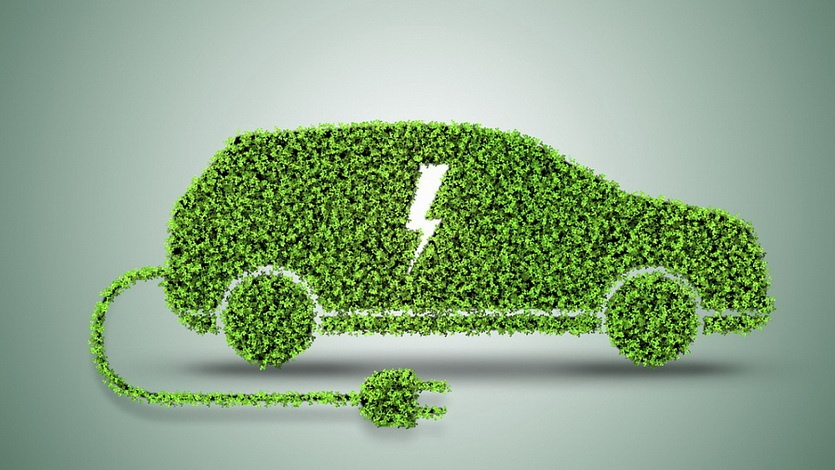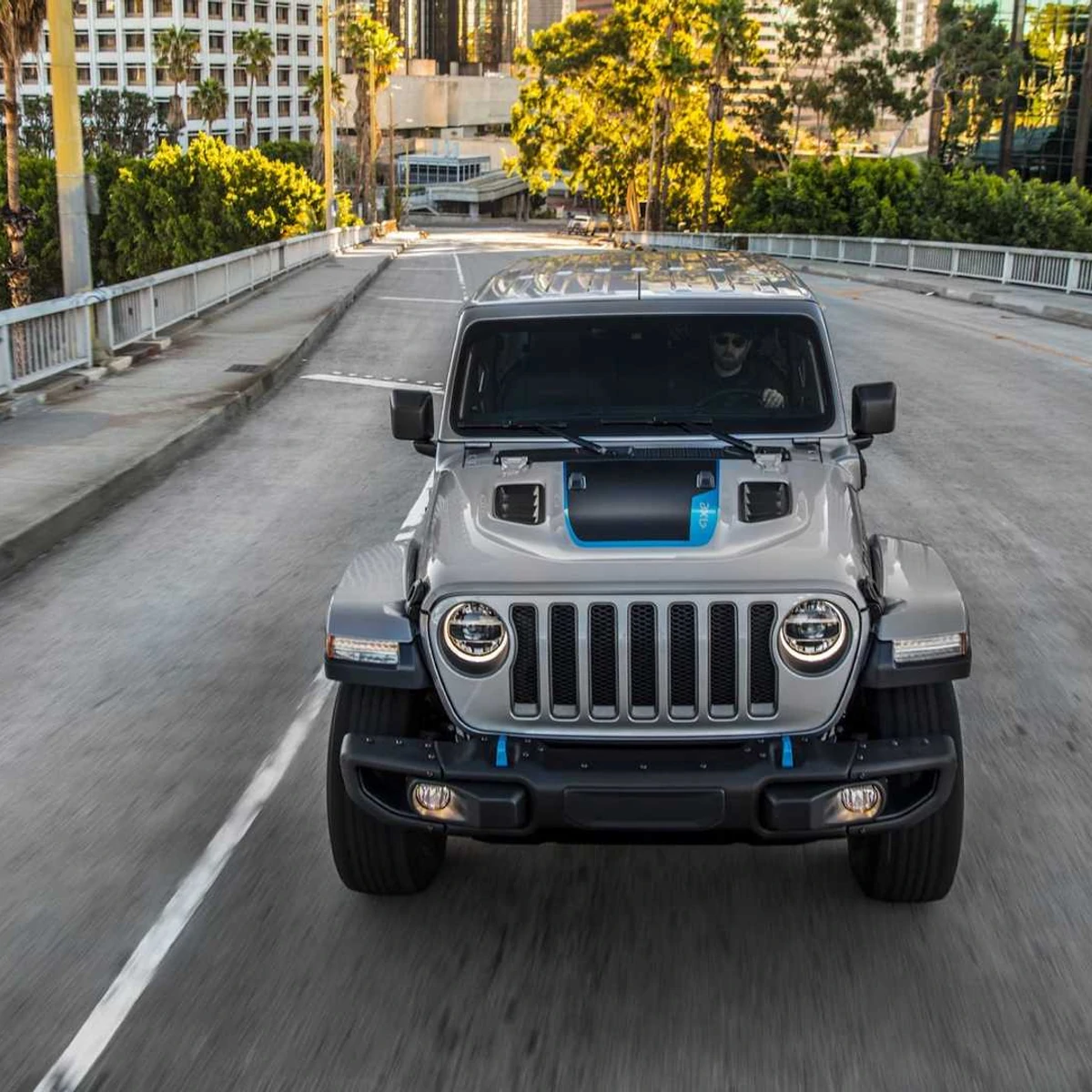
Is it true that electric cars are safer than gasoline cars?
Content
The weight of electric vehicles could be an advantage in reducing car accidents. IIHS studies have shown the inferiority of gasoline-powered vehicles under crash conditions.
The Insurance Institute for Highway Safety analyzed injury claims related to all-electric vehicles. determined that electric vehicles are less likely to be injured than gasoline vehicles. The findings coincided with the release of safety assessments for the 2021 Volvo XC Recharge and the '40 Ford Mustang Mach-E.
Volvo Recharge received the Top Safety Pick+, the highest safety rating given by the IIHS. The one at the lower level. Volvo joins Tesla Model 3, Audi e-tron and e-tron Sportback as Top Safety Pick+ winners in 2021.
The accident rate for electric vehicles was 40% lower.
Both the IIHS and the Road Accident Data Institute analyzed nine internal combustion and electric vehicles manufactured between 2011 and 2019. They handled claims for collision, liability for property damage, and personal injury. Both of them Studies have shown that the number of accidents with electric vehicles was 40% lower.. HLDI found similar results in a previous study on hybrid vehicles.
In this study, HLDI suggested that part of the causes of lower LE lesions maybe due to the weight of the batteries. A heavier vehicle exposes occupants to lesser forces in crashes. “Weight is an important factor,” he says. Matt Moore, Vice President of HLDI. “Hybrids are on average 10% heavier than their standard counterparts. This extra mass gives them an edge in crashes that their conventional twins don't have."
Electric vehicles have a greater advantage due to the extra weight
Of course, if hybrids have an advantage, electric vehicles should have a greater advantage due to the extra weight on top of the weight of hybrids. For example, the Volvo Recharge weighs 4,787 pounds, while the Mach-E weighs 4,516 pounds. The downside of being overweight is having to carry that extra weight.
The extra weight means it's not as efficient as a lighter car. However, this means that as the transition to electrification continues, future consumers will not have to compromise on EV ownership.
"It's great to see more evidence that these vehicles are as safe or even safer than those that run on gasoline and diesel," says the president of IIHS. David Harki. “Now we can say with confidence that making the US fleet more environmentally friendly requires no compromise in terms of safety.”
In the past, the IIHS has found that heavier vehicles tend to push off lighter vehicles in a frontal collision. The larger size advantageously adds 8-9% safer impact results. The extra mass provides a 20-30% advantage in preventing fatalities in a severe accident.
Weight is not always an advantage
But weight is not conducive to safety in all circumstances. In snowy conditions, extra weight puts drivers at a disadvantage.. This is because the extra weight gain means it takes longer to stop. It also means that you will be moving faster in the event of an impact than you would in the same conditions in a lighter car.
*********
-
-
